In a new book, Hothouse Earth, Bill McGuire depicts “the coming climatic catastrophe” and argues “that there is now no chance of us avoiding a perilous, all-pervasive climate breakdown”. (more…)
Mike Scrafton
-
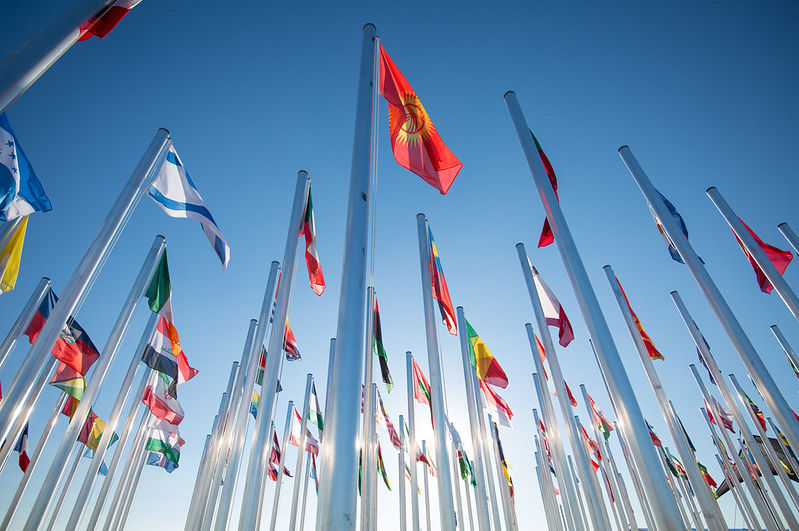
International law and rules-based order are different in important ways for Australia
Australian politicians appear purposefully blind to domestic developments in America; and especially poorly briefed on the subterranean scholarly debates that suddenly emerge as new policy directions. For instance, understanding the intellectual battle over international law that has been taking place in professional journals and academic monographs is of vital importance to Australia’s public diplomacy and strategic policy. (more…)
-
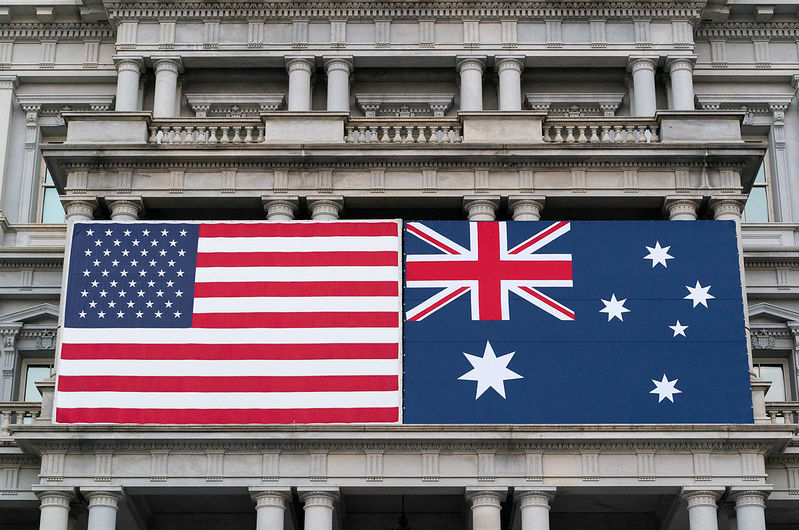
Mr Marles tugs the forelock in Washington
New Defence Ministers ritually wend their way to Washington to offer up jaded homilies. Full of hagiographic accounts of ANZUS and strained assertions of shared values, they often also display a submission to America’s strategic objectives. The new Minister’s visit, however, foreshadows a dangerous abandonment of fundamental elements of national sovereignty by the Labor government. (more…)
-

War over the rules-base order doesn’t make sense
Going to war over the rules-based order seems unremarkable to our leaders. The nature of the rules-based order, and how it would be preserved by conflict, seems to be intuitively perceived by political leaders. Yet, the elevation of the rules-based order to a status so sacrosanct that the destruction of civilisation is justified in its defence demands investigation. (more…)
-

Beijing not Madrid, Prime Minister, would be more in Australia’s interests
In the national security domain, changing governments is like changing spark plugs in that nothing else changes. From their darkened cloisters the militarists befuddle new ministers with gloomy prognostications while proffering prophylactics like deterrence, alliances, and interoperability. And so the Prime Minister is off to the Madrid NATO conference. (more…)
-
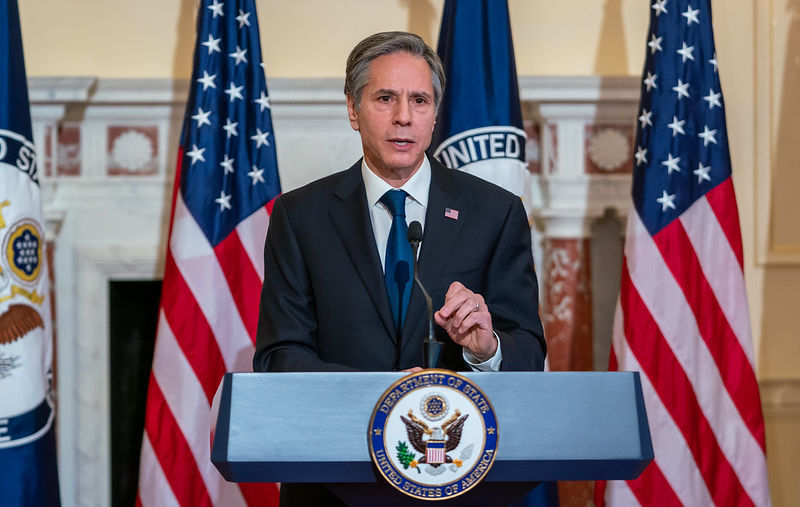
The American sophist: Blinken weaves a Bidenesque fantasy
In a time of multiple crises the sophistry of our leaders is more than dangerous. The narratives their words weave might advance their personal agendas but will leave the world ill-equipped to handle pandemics, wars, social upheaval, and climate disruption. (more…)
-
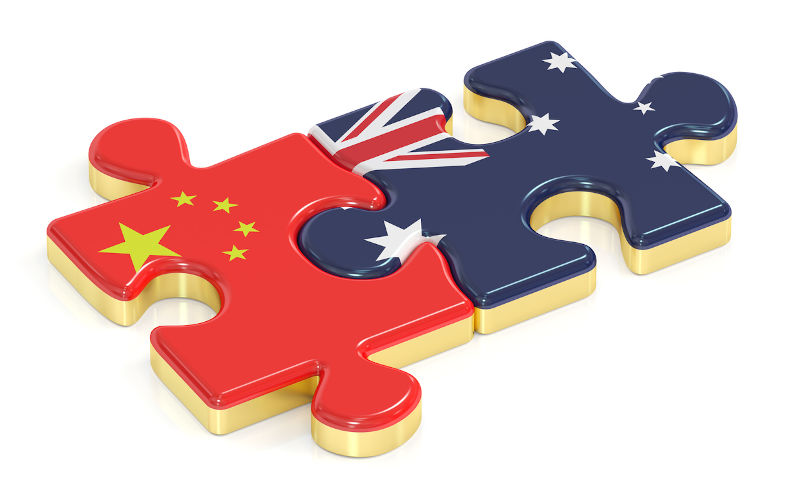
Proactive Defence diplomacy not American militarism better supports Australia’s security
Well, that didn’t take long. The names have changed but the script still comes from Washington. There is not going to be a rethinking and resetting of strategic policy by the Albanese government in the same way they have begun correcting the foreign and climate policy failures of the Morrison era. The rigid shutters of the security establishment have come down on the new minsters with lobotomising force. (more…)
-

The window for Albanese to assert Australia’s sovereignty is closing
It’s far too early for a running commentary on the Albanese government. The new Prime Minister handled himself as well as could be expected in Tokyo and dispatching the Foreign Minister to the Pacific while her Chinese counterpart is in the region is a good move. Hopefully, the new Cabinet will bring a new perspective to foreign and strategic policy before being dragged down into the delusional world of the military/security/intelligence establishment.
(more…) -

After Ukraine a fractured and unravelling global order will confront the next Australian government
Putin’s forces might not progress far beyond the Dnieper River, yet the invasion will reshape the world in which the next Australian government operates. Evidence indicates that pouring funds into Ukraine’s reconstruction could feed an already corrupt elite (more…)
-

Ethics and war: The Ukrainian tragedy
Among the headline grabbing events and the geopolitical speculations of the Ukrainian tragedy the ethical rights and wrongs of the conflict are largely ignored. For his criminal invasion, Putin rightly bears the greatest moral and legal opprobrium for the appalling death toll, atrocities, and widespread levelling of parts of eastern Ukraine. But once the war reaches its conclusion, retrospectively the contribution of others will come under closer scrutiny. (more…)
-
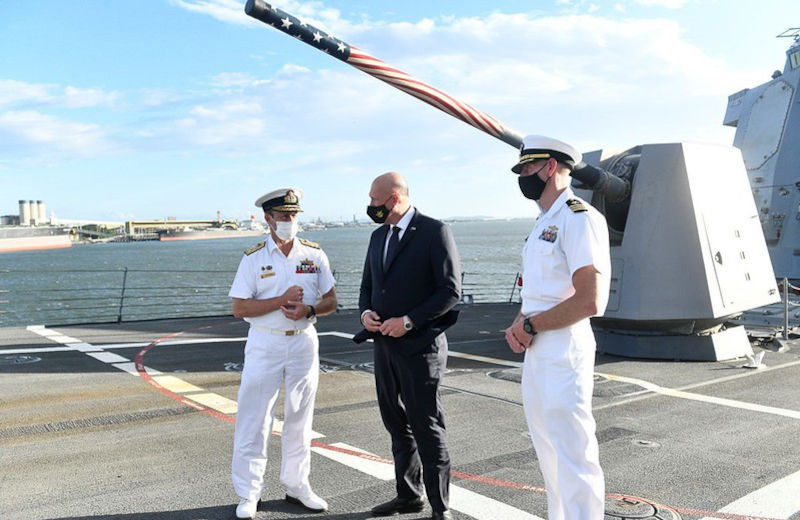
Habitual bipartisanship is toxic to good defence policy
The dominant object of Australia’s capability development program is simply to “continue to deepen Australia’s alliance with the United States”.
Politicisation and secrecy has allowed successive governments to exclude voters from defence policy decisions of the utmost importance. Only a radical shift in the portfolio’s governance can restore confidence and integrity to defence policy, and to the Defence Organisation. A courageous new minister committed to transparency and participatory democracy is required.
That the Defence organisation is struggling under mediocre management and procurement processes has been highlighted by the Australian National Audit Office, among others. First, to rectify this, defence policy has to be depoliticised and democratised. Only after that can strategic policy be aligned with genuine national interest and connected to the Defence acquisition program.
Bipartisanship over defence has mutated into a democratic pathology. Passive parliamentarians have denied the public the opportunity to hold governments accountable for defence policy. The result is alarming. Australia has apparently pre-committed to a war unexamined and uncontested. Wrapped in a veil of misleading verbiage and jingoistic sophistry, the security agencies have locked Australia into America’s strategic project in East Asia, and locked the arrangements behind a wall of secrecy.
A senior US General can openly suggest that ADF should become not “just interoperable but almost interchangeable” with the US military without causing controversy. This is so at odds with stated policy that it should have been the subject of furious Opposition scrutiny. It slipped by unremarked.
Without recourse to Parliament, the US has been given carte blanche to fly any aircraft into or berth any vessel in Australia for any purpose, whether or not it’s nuclear armed. The North is increasingly becoming home base for US forces. Without public consultation Australia has become a base for launching military operations into East Asia, a major transit and training hub for US forces, and, as a consequence, a potential nuclear target.
A cowed Opposition meekly submitted to AUKUS. It was bent on avoiding confrontation over defence policy and failed to pressure government to justify this shift. An arrangement not envisioned in or consistent with the 2020 Strategic Update. There was no parliamentary debate over Australia acquiring nuclear-powered submarines and where that might lead.
These things are not conducive to good policy making or a healthy democracy. But by talking up threats and exalting military investment as patriotism, and denoting criticism as weakness on security, successive governments have effectively stifled debate on defence policy.
The biggest policy question, that of war or peace, should be examined and debated objectively on its merits in a mature democracy. There are serious and informed disagreements on this matter which should be debated. Any government that regards itself as democratic should publicly test the mood of the voters and seek a clear mandate.
Perfunctory references to unspecified national interests, or to vague missions like maintaining the rules-based order, are not adequate to justify placing Australia and Australians in peril. The consequences of modern conflict are only too obvious around the world. However, practically, only a serving Minister can permit and energise a genuine discussion of defence policy in a way that depoliticises and democratises.
Confidence in defence policy can only be recovered through exercising a commitment to authentic participatory democracy. By acting on a recognition that only the electorate can legitimately choose between national interests and subservience.
Only demystification and transparency of defence policy making can reveal the real national interests. The Commonwealth is investing astronomical amounts in military capability. Is the current direction of taxpayer funded defence capability procurement focused on East Asia, the planned expenditure $48 billion for 2022-23, consistent with Australia’s interests? Is the militarisation of Northern Australia in the national interest? How could Australians know?
The alarmist rhetoric about threats analogous to pre-world war situations jar with the long project delivery times of major military assets. The lack of discussion of trends in counter-capabilities, or anticipated future balance of forces situations, or projected theatres of operations, means the government’s vision and logic is opaque. The connection has been broken between the capabilities being acquired and Australia’s strategic circumstances.
The 2020 Strategic Update stated “defence planning will focus on Australia’s immediate region: ranging from the north-eastern Indian Ocean, through maritime and mainland South East Asia to Papua New Guinea and the South West Pacific”. This where the ADF must be “most capable of military cooperation with the United States”. Yet, a common understanding of the text would not include China, the South China Sea or Northeast Asia. Surreptitiously and incrementally, the government been building the ADF to be an “interchangeable” part of the US military in the South China Sea, and a cog in the defence of Taiwan. The extent of this is largely invisible to observers outside of Defence.
The dominant object of Australia’s capability development program is simply to “continue to deepen Australia’s alliance with the United States”. Is it sensible for Australia to base its planning primarily on America coming to Taiwan’s defence? What is at risk for Australians? How many Australians would be acceptable causalities, and what degree of disruption and destruction permissible?
Of course, a Defence Minister doesn’t have a freehand either. Many major decisions affecting the portfolio are taken in conjunction with ministerial colleagues on the National Security Committee of Cabinet (NSCC), which reviews and endorses capital bids for capability assets or infrastructure. The Prime Minister will normally make decisions on the deployment of the ADF following consultations in the NSCC.
Nevertheless, a resilient and influential minister could effectively push for depoliticisation and democratisation against the pressure of a bureaucracy steeped in closed door secrecy and need-to-know policymaking. The Defence Minister could encourage and facilitate an open and informed debate on defence policy.
Direction, coherence, and purpose within the Defence Organisation would follow. Strategic policy, and the acquisition program, would have a logical connection to Australia’s interests.
-
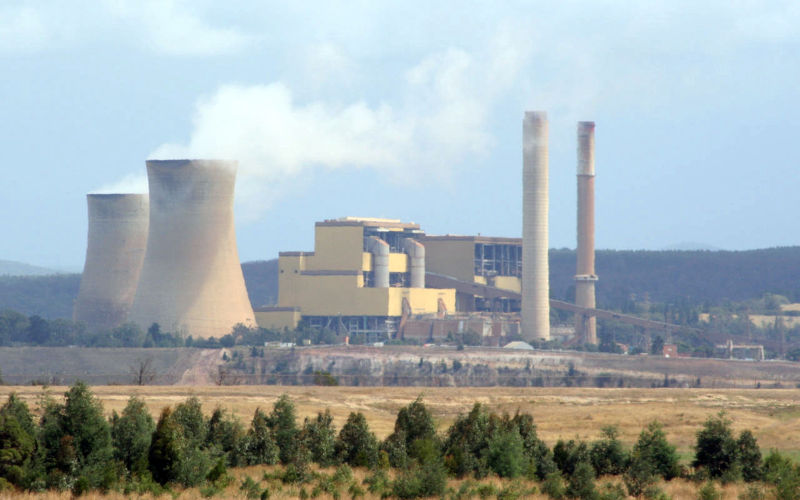
The need for a department of climate change is now self-evident
The time has come for a powerful government Climate Department to allow strong action on legislating, regulating, and coordinating mitigation, adaptation, and transition. (more…)
-
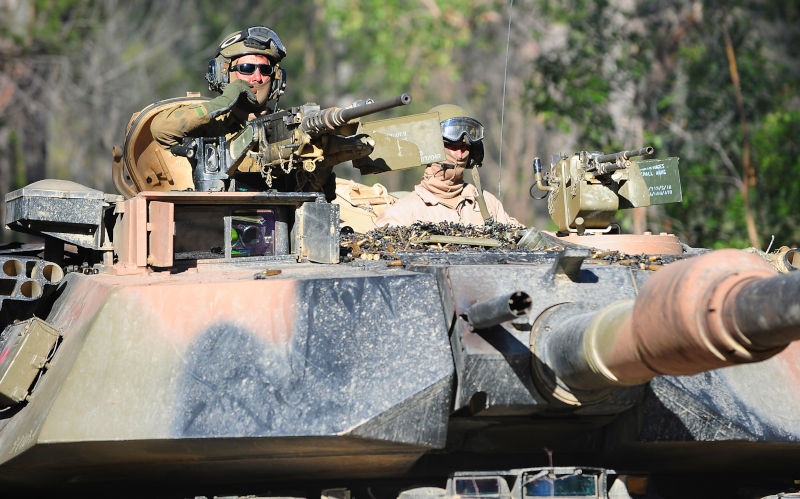
Don’t swallow the prunes – ADF’s inter-service rivalry on display
Admiral Prune’s unabashed bid for Navy funding has provided a window in to inter-service rivalry in the ADF. Also, it gives an unfortunate glimpse of the confused thinking infecting Defence. (more…)
-

Ukraine: A victory narrative will be hard to maintain for Europe and America
Wars end. The peace settlement between Russia and Ukraine will determine whether President Putin or President Biden achieved his policy aims in the war. It seems unlikely that America will be able call it a win. (more…)
-
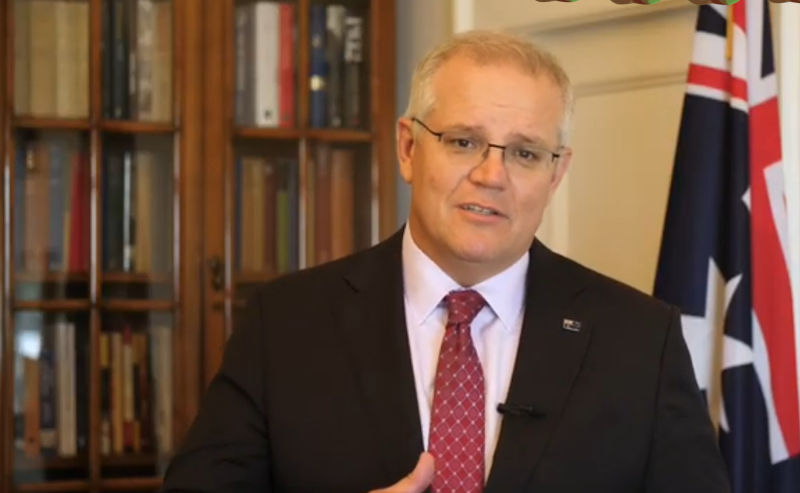
Australia is ignoring important lessons from war from Ukraine
Defence policy and the reality of war should be at the centre of election following the Russian aggression in Ukraine . But Australian political leaders continue to ignore that reality. (more…)
-
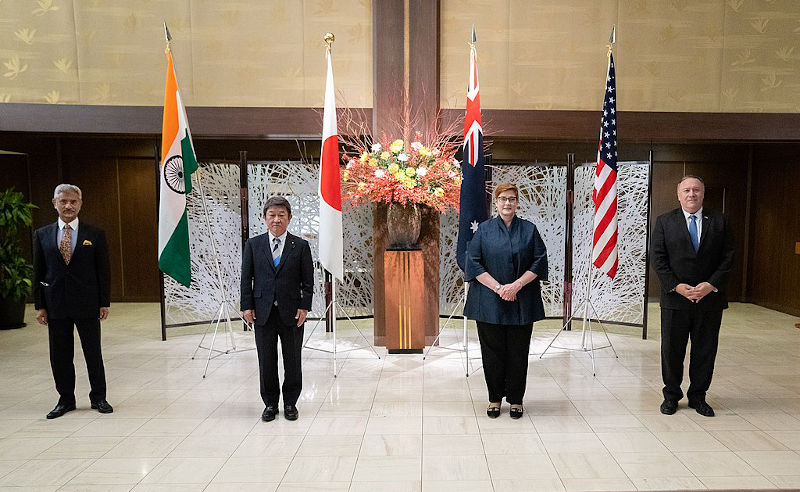
Australia’s strategic fundamentals at risk from Ukraine war
The big strategic question for Australia coming out of the Ukrainian war concerns the lessons China might draw and what impact that will have on US-China competition, and therefore Australia’s security. (more…)
-

A national security yardstick on which the Coalition doesn’t outshine Labor
The use of national security for political advantage is a perilous business.
(more…) -

Can someone in government explain why we are buying tanks?
When did US generals become arbiters of Australia’s strategic policy like it’s some banana republic. (more…)
-
Australian Defence policy is a shambles and an election issue
For nearly a decade Coalition governments have overseen defence policy. Now Defence policy is in need of serious reform. (more…)
-
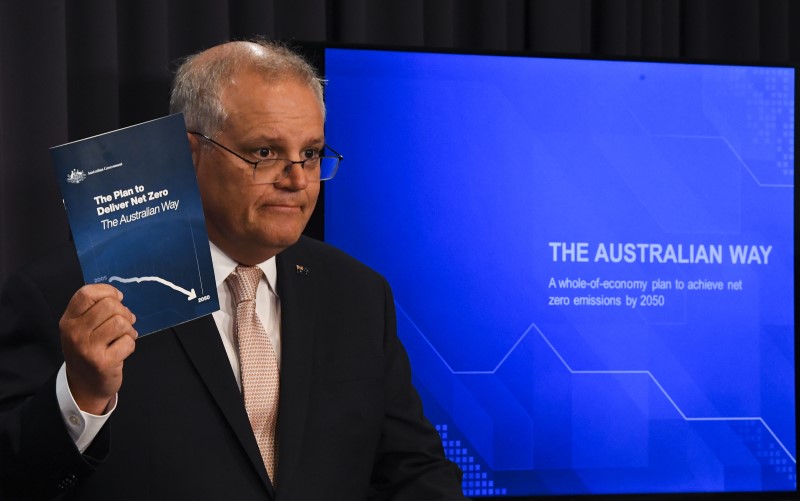
Morrison pins his hopes on the complacency or ignorance of voters
We’re facing a climate calamity, yet the PM believes Australians are more focused on the next holiday than threats to their children’s future. (more…)
-

No justice for Djokovic: the danger of different rules for politicians
Plenty of parliamentarians, mainly in the government, have made more incendiary statements against Covid vaccination than the tennis star ever did.
-

Intolerance and political violence: a threat to US, and a worry for Australia
Biden could be succeeded by a democratically elected illiberal administration beholden to violent and bizarre supporters. (more…)
-
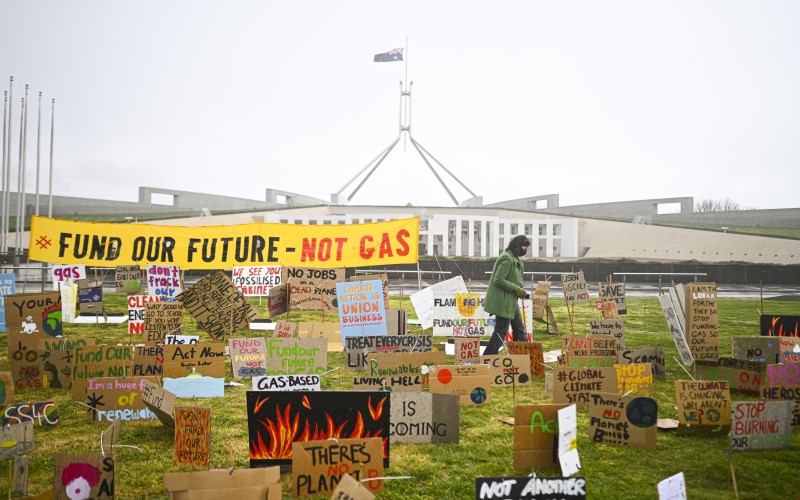
Global warming: the nine essential questions for candidates at election 2022
Providing thoughtful answers should be the minimum requirement for candidates. Even more exhaustive answers should be demanded of cabinet hopefuls..
-
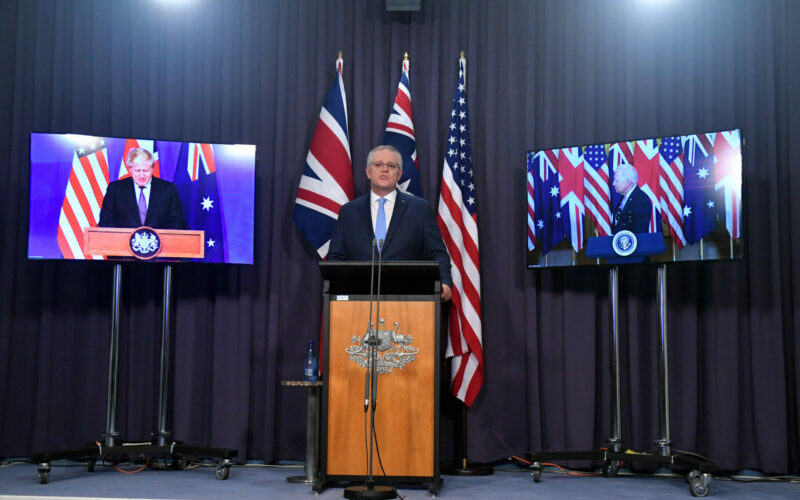
More than an acronym: AUKUS must be an election issue in 2022
When the nuclear-powered submarines are delivered they will be expensive white elephants. The project will distort defence policy for a generation.
(more…) -
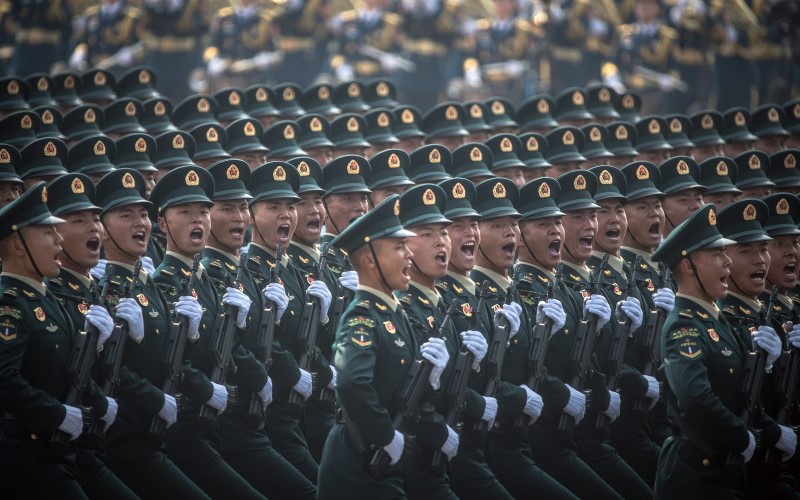
Why the West must tread carefully in assessing China
By downplaying China’s strength, commentator Paul Dibb ignores contemporary realities and underlines the subjectivity of strategic assessments.
-

Shutting down ASPI: Hugh White, Peter Jennings and China
In responding to Hugh White’s analysis of the cost of a war over Taiwan, ASPI’s Peter Jennings makes the case for just how irrelevant his organisation is.
-

No island is an island anymore: the flaw in Morrison’s 2050 plan
There’s the emissions reduction modelling, and then there’s the reality. Guess which side the Australian government prefers? (more…)
-
The French disconnection: Australia’s dysfunctional diplomacy
The alarming deterioration of relations between French leader Emmanuel Macron and Scott Morrison was driven by arrogance and ignorance on the Australian side. (more…)
-

Zero chance of net zero: the human security challenge after 2050
We are condemned to a hot planet. A 4-degree warming is inevitable no matter what measures are taken, so humans must now consider how to cope with this reality.
-
Magical thinking: nuclear submarines and Australia’s Maginot Line of the imagination
The relationship between defence policy and the nuclear powered submarines has generated a lot of magical thinking. (more…)
